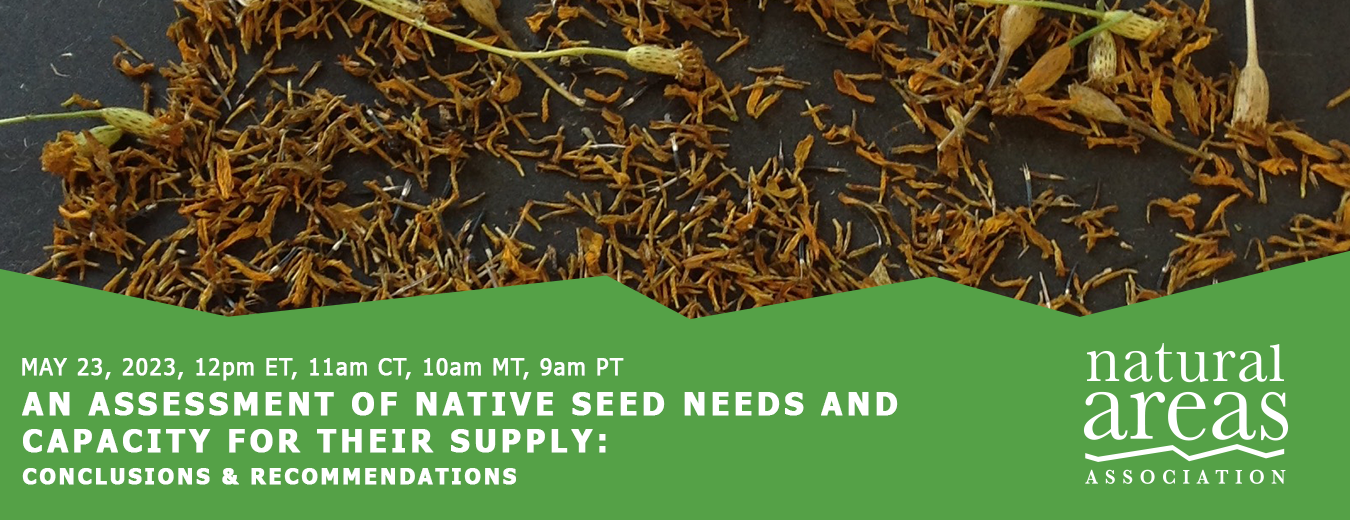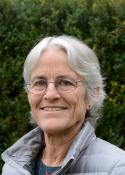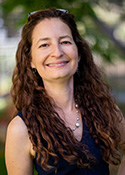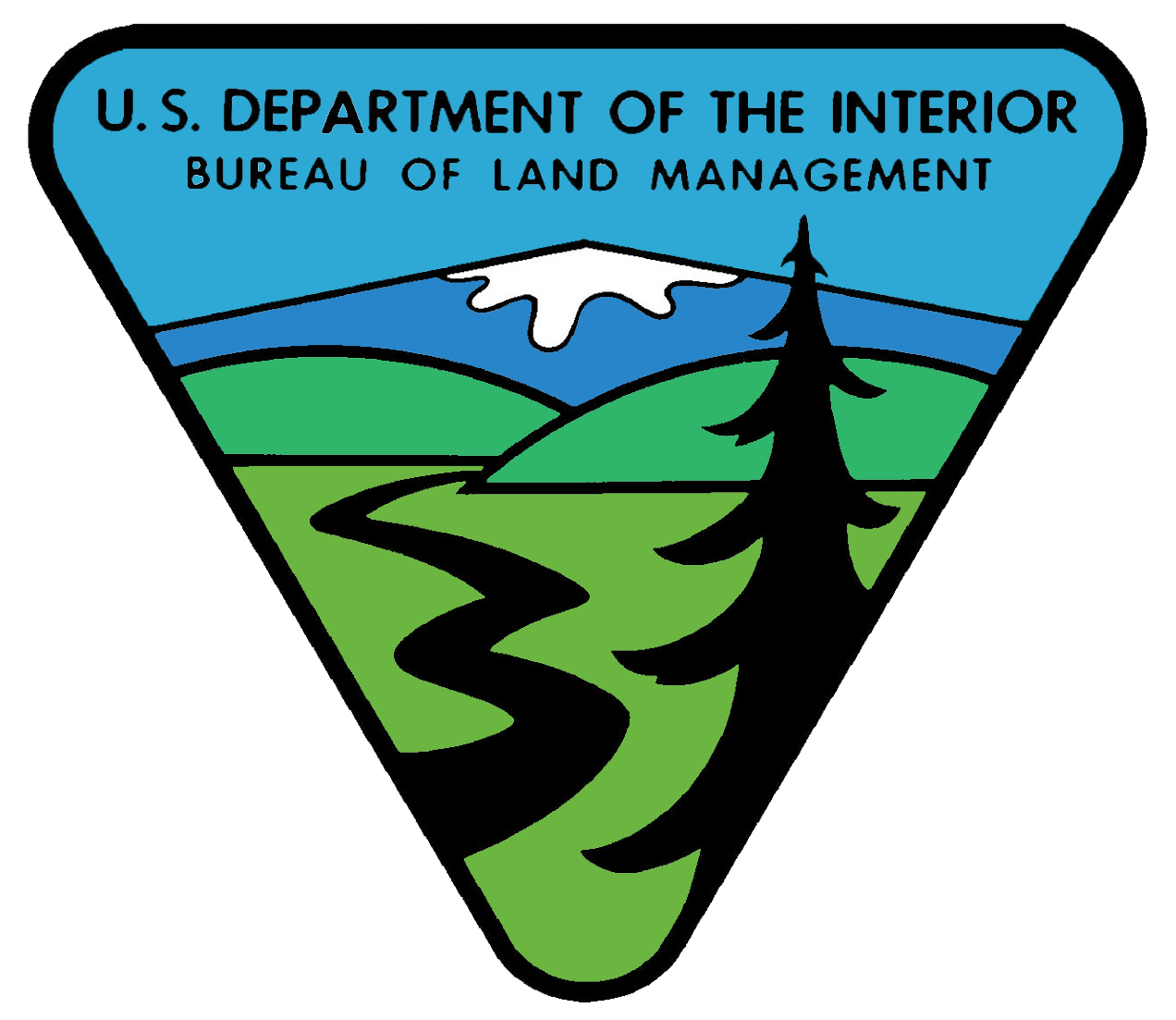
Available for Download:
An Assessment of Native Seed Needs and Capacity for their Supply: Final Report

Restoring impaired ecosystems requires a supply of diverse native plant seeds that are well suited to the climates, soils, and other living species of the system--such seeds are not readily available in many parts of the country. An Assessment of Native Seed Needs and the Capacity for Their Supply, a recently released report from the National Academies of Sciences, Engineering, and Medicine, examines the needs for native plant restoration and other activities, provides recommendations for improving the reliability, predictability, and performance of the native seed supply, and presents an ambitious agenda for action. Join Dr. Susan Harrison and Dr. Elizabeth Leger as they highlight conclusions and recommendations in connection to challenges facing our natural landscapes and the need for a coordinated public-private effort to scale-up and secure a cost-effective national native seed supply.

Susan P. Harrison, Ph.D.
Department Chair
University of California, Davis
Dr. Susan P. Harrison is a Distinguished Professor in the Department of Environmental Science and Policy of the University of California, Davis. She was elected into the National Academy of Sciences in 2018 for her work in Environmental Science and Ecology. Harrison is a leader in the study of ecological diversity at different spatial and temporal scales, and of the mechanisms and processes that maintain diversity. Her work is of fundamental importance for understanding the impact of global change on ecological communities, and for conservation biology from local to global scales. Dr. Harrison received her B.S. in 1983 in Zoology and M.S. in 1986 in Ecology from University of California, Davis, and Ph.D. in 1989 in Biology from Stanford University.

Elizabeth Leger, Ph.D.
Foundation Professor, Director of the Museum of Natural History
University of Nevada, Reno (UNR)
Dr. Elizabeth Leger is a Professor in the Department of Biology at the University of Nevada, Reno (UNR), where she has been faculty since 2006. She got her PhD in plant ecology from UC Davis, and did a post-doc focused on invasive plants at SUNY Stony Brook. Her current research focuses on native plant ecology and restoration in invaded areas of the Great Basin, and she has advised multiple post-docs, graduate students, and undergraduate students studying the plants of the Great Basin. Dr. Leger served on the UNR faculty senate as the representative for the College of Agriculture, Biotechnology, and Natural Resources for a three-year term, and served a three-year term as the associate director for the Ecology, Evolution and Conservation Biology graduate program. She serves the greater scientific community with review and editorial work, and has served on multiple grant review panels for federal organizations including the USDA and NSF. In addition to her work in plant ecology and restoration, Dr. Leger is the co-creator and director of the University of Nevada, Reno Museum of Natural History, which is a major research, teaching and outreach institution at UNR.

Support the people who manage our natural areas and protect biodiversity in perpetuity.